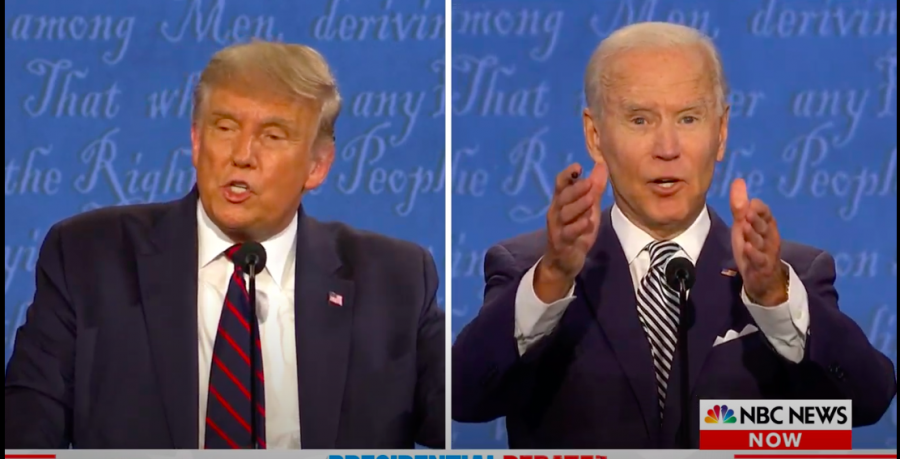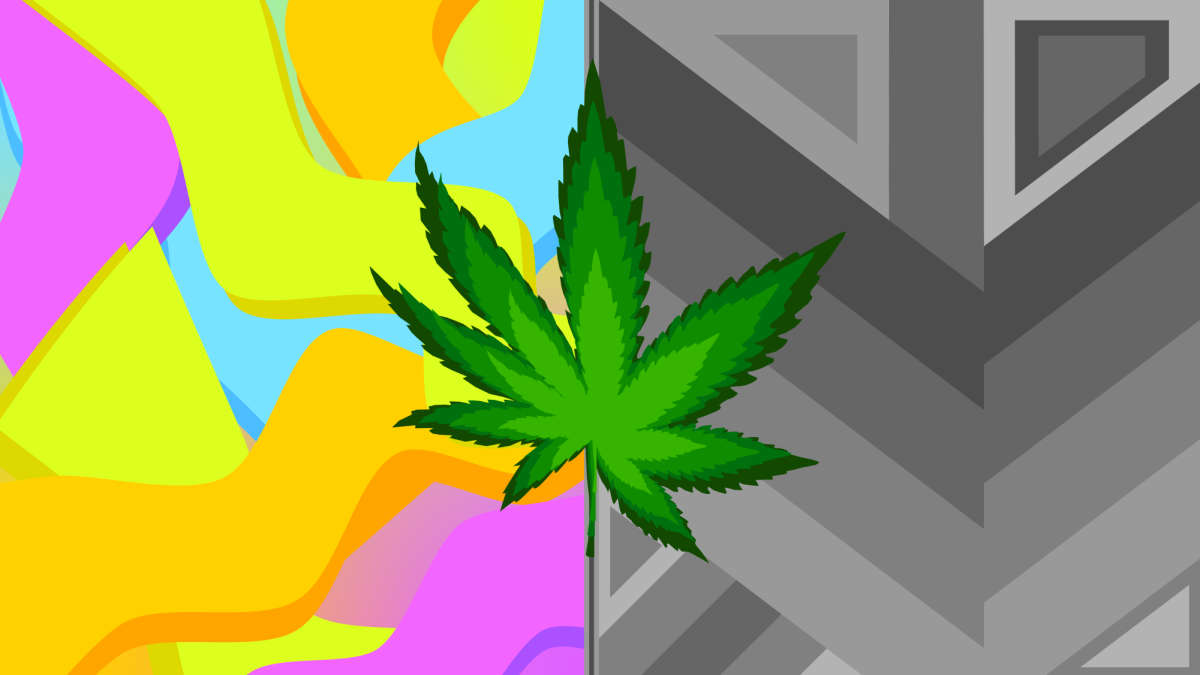As CBD’s popularity grows, it’s no surprise to see myths and misconceptions abound.
Cannabidiol (CBD) is one of over 100 cannabinoids found in cannabis plants. It is different from THC, the compound that produces psychedelic effects in marijuana. A survey in 2021 showed that 58% of Americans didn’t know the difference between CBD and THC-containing products.
Common Questions
Sarah Duke, co-founder of Acrely Farms, said the most common question customers ask is if CBD can get them high.
“All of our products are true full spectrum CBD … so they only have the zero to trace amounts of THC that are naturally occurring in the hemp plant,” she said.
Duke added that if some have tried CBD without seeing benefits, that may be due to the concentration and quality of the supplement. One 2022 study found nearly half of the CBD products tested were incorrectly labeled in their concentration.
Duke suggested people look for a Certificate of Analysis (COA) confirming the amount of CBD and THC in a product. Consumers can access the COA by scanning the QR code found on the label.
“CBD became very popular, very fast when it was first approved, and so there were a lot of companies putting a very small amount of CBD into their product,” she said.
The 2018 Farm Bill marked a turning point in the legal landscape surrounding CBD. The bill legalized the cultivation and sale of hemp-derived CBD products containing less than 0.3% THC.
In that same year, the Food and Drug Administration (FDA) approved Epidiolex, a synthetic form of CBD for the treatment of some rare types of childhood epilepsy.
CBD Use in Children
Ben Moresco, pediatrician and palliative care specialist at Primary Children’s Hospital, said one of a parent’s main concerns is usually the product’s legality. Some parents fear they will face legal punishments for telling a pediatrician about their child taking CBD without a prescription.
“On our end, we’re trying to understand the therapeutic value of the things they have tried, whether or not they’re classified as supplements, medications, or diverted medications and drugs,” he said.
Medication and drug diversion is the transferring of a controlled substance legally prescribed from one person to another person for illicit use.
Moresco is a qualified medical provider, or a healthcare professional licensed by the state of Utah to prescribe medical cannabis. He said that while state law strictly prohibits medical cannabis for anyone under 20 years old, parents can apply to the Compassionate Use Board to make an exception for their child when standard treatments fail.
“I think the exceptions in our field is that these children will not often live to the age of 20, and their quality of life may be benefited quite significantly with symptom management from a medication with potentially less or different side effects,” Moresco said.
Possible Risks
While CBD may potentially have fewer side effects than standard medications, it still comes with its risks.
Moresco said CBD is a liver enzyme inhibitor, which can decrease the effectiveness of some types of chemotherapy and also increase the risk of bone marrow or organ transplant rejection.
Michael Moss, medical director of the Utah Poison Control Center, said people who take CBD long-term should have their doctor monitor their use because, while unlikely to cause liver failure, CBD can still cause elevations in some liver function tests.
Moss added that people should tell their doctors if they are taking CBD over the counter because it can cause complications with other medications like blood thinners.
“If your pharmacist or your doctor is reviewing the medications that you take, they will have the list of all the prescriptions in front of them in the computer … but CBD is not something they may be aware of,” he said.
Moss said another concern with over-the-counter CBD products is that they are not FDA-approved, so they have not gone through the rigorous testing process medications typically require.
Despite this, a study from 2022 found 24.9% of young people falsely believe CBD supplements need FDA approval.
“CBD and THC … are in a bit of a unique situation where we don’t have all the answers we’d like about their effectiveness or safety,” Moss said.
More information on the available research on cannabinoid benefits and risks can be found on the Cannabis Research Review Board’s web page.














